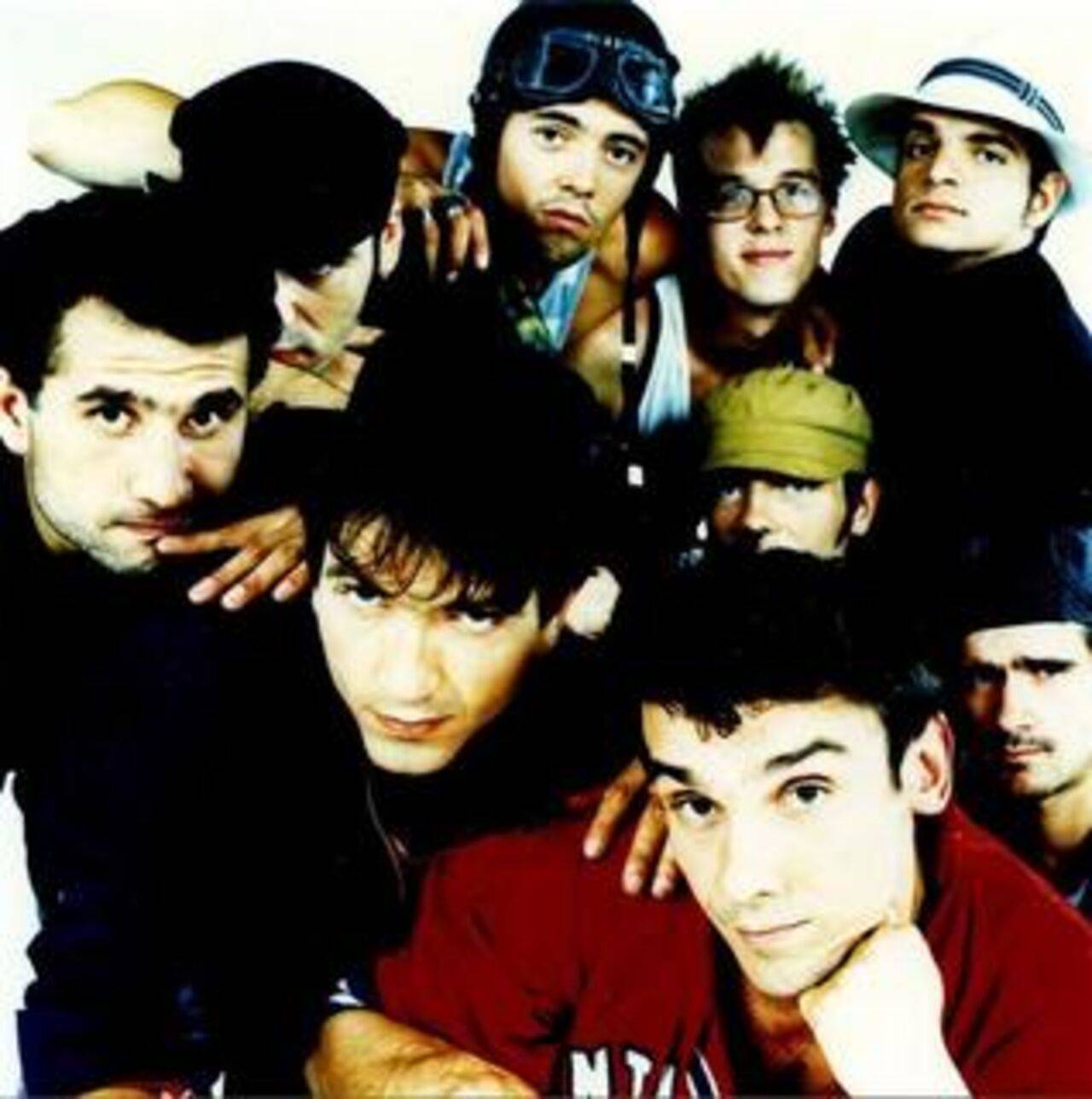
Mano Negra
Biography
The Mano Negra was formed in the heart of the French alternative movement of the 1980s, around eight musicians from different groups such as Los Carayos, Hot Pants and Les Casse-Pieds (including the Manu brothers and Antoine Chao and their cousin Santi). The name of the group comes from a comic book that has been read Manu (the image has mostly caught its attention) but is also the name of an Andalusian anarchist organisation. The sauce (not Andalusian) quickly took on guitars, percus and brass; and the first album Patchanka was released in 1988 at Boucherie Productions.
The second opus already marks a turning point for the band as it signs on Major Virgin, driving the sharp criticisms of an alternative movement feeling betrayed. Putas Fever turns out to be more reggae and Latino, where Patchanka was still very rocky. The Mano – since it is now called the Mano – now has an international success, due to the variety of music it shows; alternately singing French, English and Spanish; as well as tours of Europe, South America and Japan (a live show – In the Hell of Patchinko – will be recorded in that country in 1992). Everything goes on at a frantic pace: the tours follow each other (up to 300 dates in the year!) and King of Bongo is quickly closed, too fast according to the members themselves.
Tensions then began to appear within the group, caused in particular by a growing success in a staggering way. However, the training started in 1992 in a completely crazy project called "Cargo" The idea being to travel South America on board a refitted cargo ship, with the collaboration of the Royal Luxury Company. This journey was laborious and very trying, both physically and psychologically, despite the fantastic human adventure. Joseph (bass) and Tonio (trumpet) then distanced, followed by Daniel (guitar) in the middle of the recording of Casa Babylon .
Manu's fatigue, success, extended tours and undisputed and undisputed leadership (the basis of the majority of songs and texts) herald the beginning of the end. Yet, the group is embarking on a last adventure, which will seal its separation, by travelling on a train in dazzling conditions...
The split was difficult from a relational point of view, even though tensions now seem to be apparent. After Mano Negra was lived in various ways: Joseph held the bass for Tarmac and the guitar for the Wampas; Santi became Managing Director for Mercury (a subsidiary of Universal), participated in the jury of the show Popstars and followed several Staracs winners (Jenifer, Nolwenn, ...); Kropol (trombone) joined the Ruides Heads; and Manu Chao achieved the success that we know, with his three albums and his stage performances with Radio Bemba Sound System. Since the end of the group's activities, two Best of have emerged, as well as a double DVD made by three of the members. The career of Mano Negra was in the end short, but very dense. Many songs are not close to being forgotten, such as "King Kong Five", "Sidi的H Bibi", or the unbeatable "Mala Vida", and their influence has reached many groups: Ska-P or Gogol Bordello, to name but a few.
A big thank you to Baptiste, author of this biography.
Discography
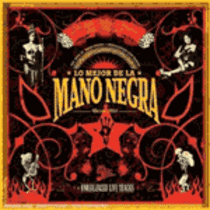
Lo Mejor de la Mano Negra
2005
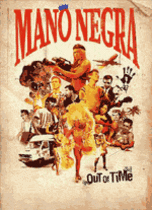
Out of Time
2005
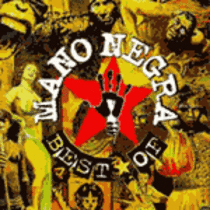
Best Of
1998
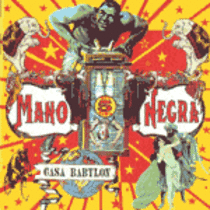
Casa Babylon
1994
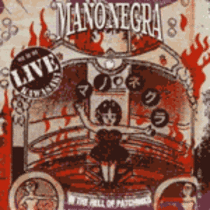
In the Hell of Patchinko
1992
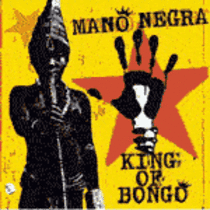
King of Bongo
1991
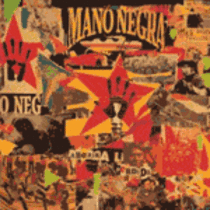
Amerika Perdida
1991
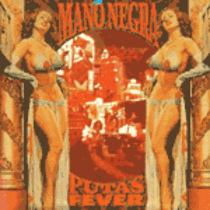
Puta's Fever
1989
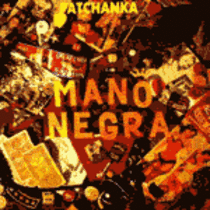
Patchanka
1988

